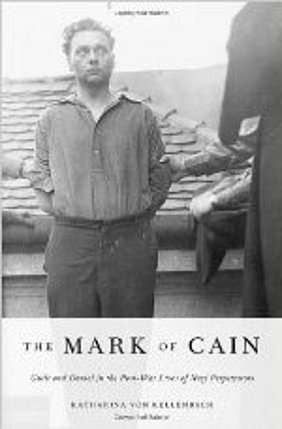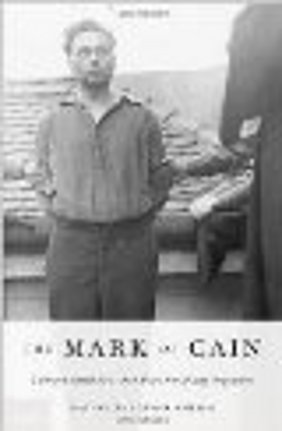In this significant contribution to Holocaust literature, Katharina von Kellenbach, a scholar of German origin living and teaching in the United States, offers case studies of collaborators in the Nazi killing program, including their lives both during the Holocaust itself and after the war, when despite a “culture of denial” their stories gradually became known.
The author reveals the very personal roots of this scholarly endeavor in writing of her uncle, about whom only vague and conflicting stories were told to her as a child and youth regarding what he did during the war. In fact, as she later learned, he served as an SS officer in charge of the Jewish community of Pinsk, where in the spring of 1942 he established a ghetto and forced more than 18,000 Jews, mostly women and children (since the men had already been killed), to crowd into some 240 dwellings. During the following months, he oversaw their recruitment for slave labor and their systematic starvation, then directed their mass execution – by bullet, at the edge of the town – over the course of three days.
Von Kellenbach records her reaction after her uncle’s arrest and indictment - not until 1962! - for involvement in these deaths and others, totaling some 30,000. “Had he killed one person, he would have been considered a murderer; had he killed ten, a serial killer. But 30,000? This seemed beyond comprehension…”
In one chapter of this careful study, von Kellenbach studies the “last words” of convicted perpetrators about to be executed for their crimes. Was there any evidence of repentance? She finds very little. In another chapter, she relates the stories of perpetrators’ wives. The chapter title says it all: “Naturally I Will Stand by My Husband.”
German church statements on the subject in the years just after the war are also passed in review. To what extent did they acknowledge, or on the other hand seek to avoid, the sense of solidarity in guilt? The Stuttgart Declaration of October, 1945, is well known and is admired for its forthrightness in this respect. In subsequent statements, however, von Kellenbach finds a disturbing tendency to rebuke instead what was felt as overzealousness in the Allies' denazification program, with its uncovering of more and more perpetrators. She offers an extended discussion of the relation between guilt, repentance, and forgiveness in the Christian worldview, including an exposition of the symbolic significance of the biblical figure of Cain.
The book is dedicated to "The Jews of Pinsk." It is thoroughly footnoted and is accompanied by a biographical guide to the perpetrators studied and an extensive bibliography



